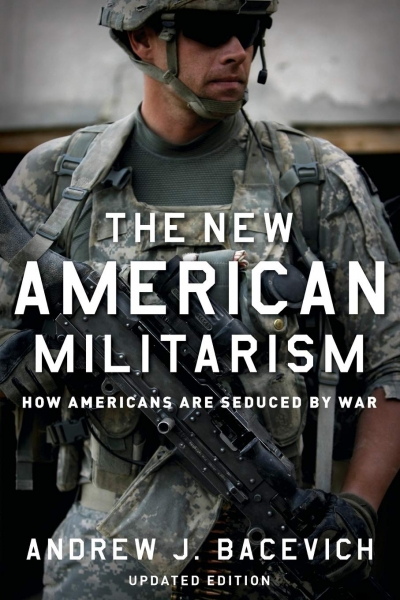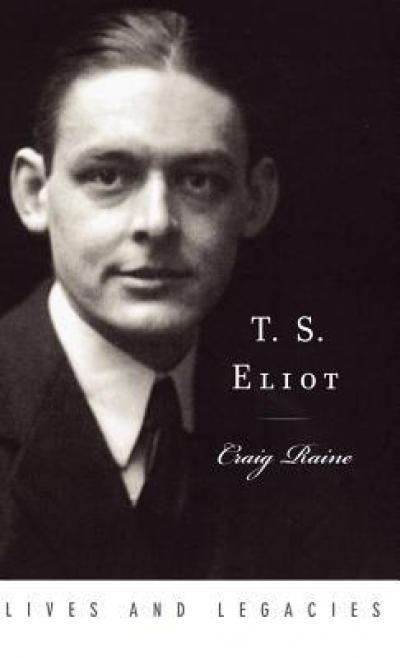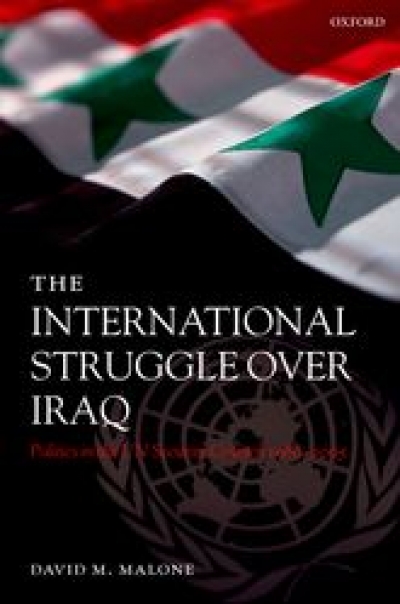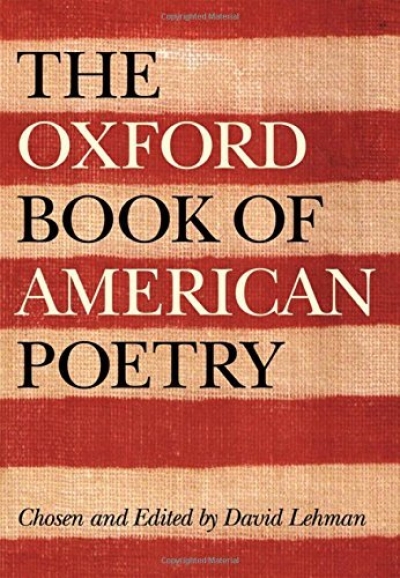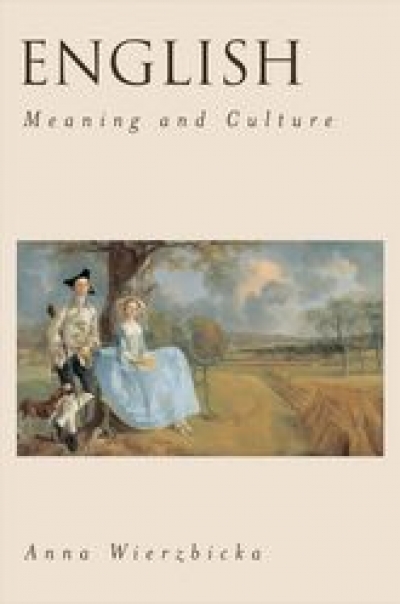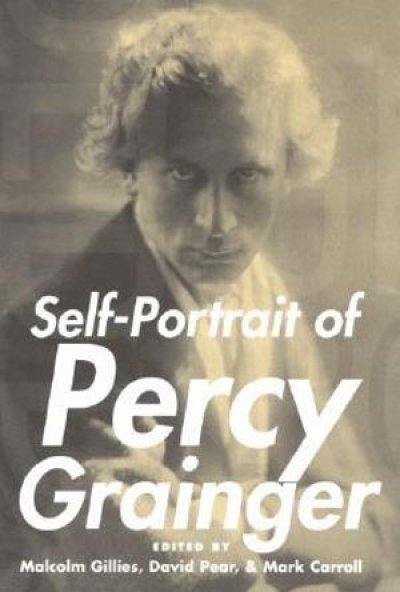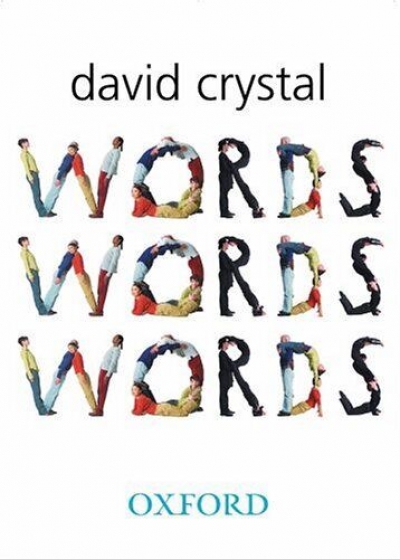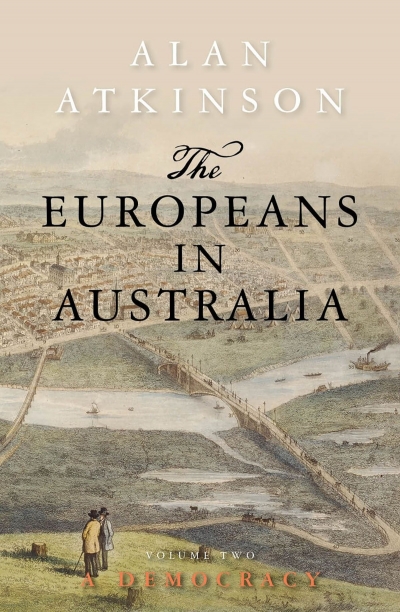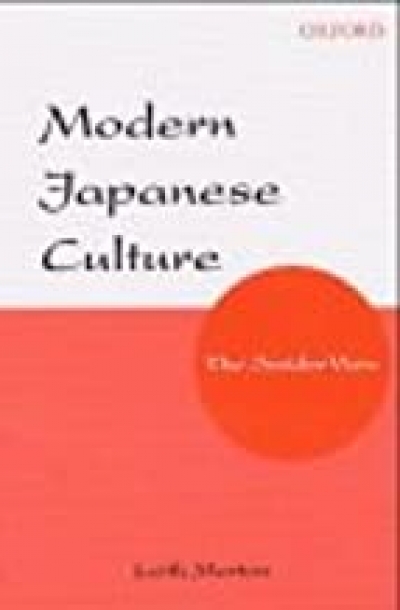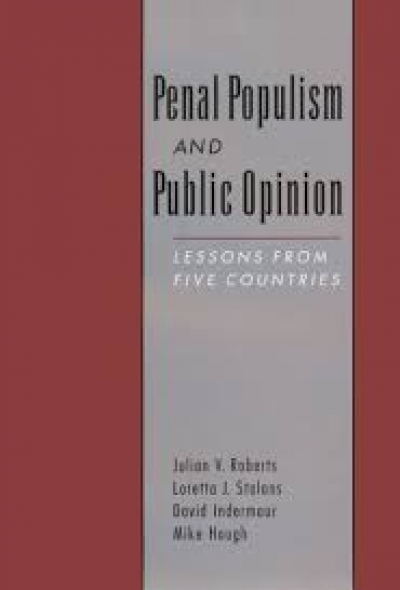Oxford University Press
The New American Militarism by Andrew J. Bacevich & Unintended Consequences by Kenneth J. Hagan and Ian J. Bickerton
by Richard Broinowski •
The International Struggle Over Iraq: Politics in the UN security council 1980–2005 by David M. Malone
by Michael Fullilove •
The Oxford Book of American Poetry by David Lehman
by Peter Rose •
Self-Portrait of Percy Grainger edited by Malcolm Gillies, David Pear, and Mark Carroll & Facing Percy Grainger edited by David Pear
by Michael Shmith •
The Europeans in Australia: Volume Two: Democracy by Alan Atkinson
by John Hirst •
Modern Japanese Culture: The insider view by Leith Morton
by William H. Coaldrake •
Penal Populism and Public Opinion: Lessons from five countries by Julian V. Roberts, Loretta J. Stalans, David Indemaur, and Mike Hough
by Russell Hogg •

